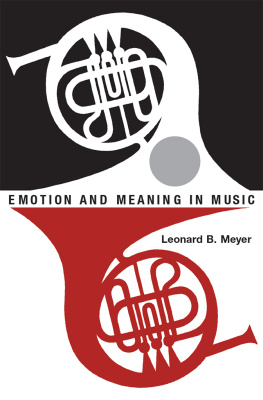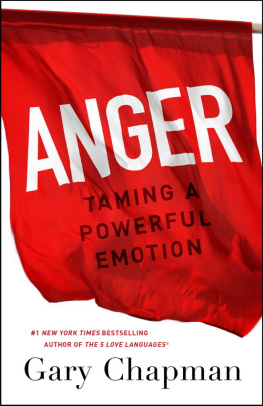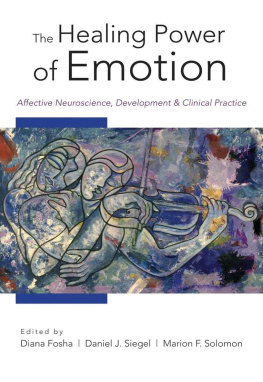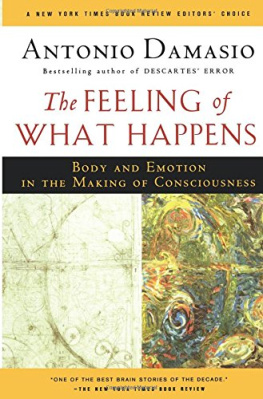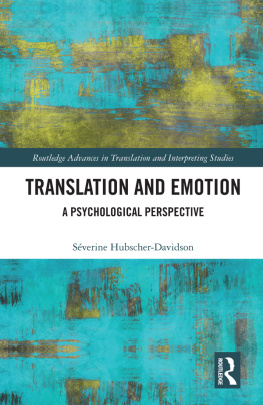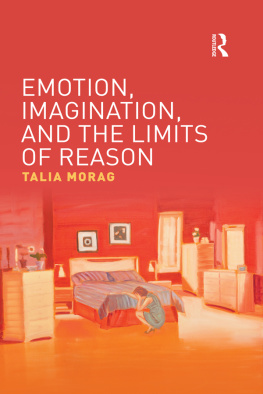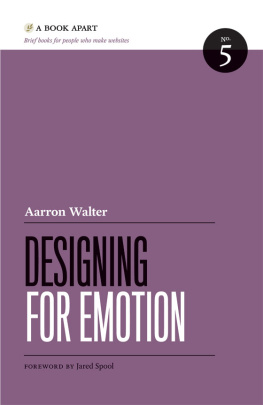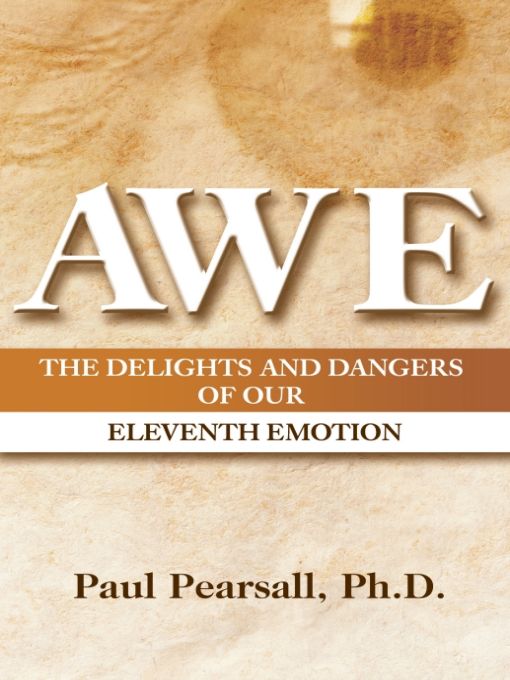
Table of Contents
Other Books by Paul Pearsall, Ph.D.
The Last Self-Help Book Youll Ever Need
The Beethoven Factor
Toxic Success
Partners in Pleasure
Wishing Well
The Hearts Code
The Pleasure Prescription
Write Your Own Pleasure Prescription
The Pleasure Principle (audio series)
Sexual Healing
The Ten Laws of Lasting Love
Making Miracles
The Power of the Family
Super Immunity
Super Marital Sex
Super Joy
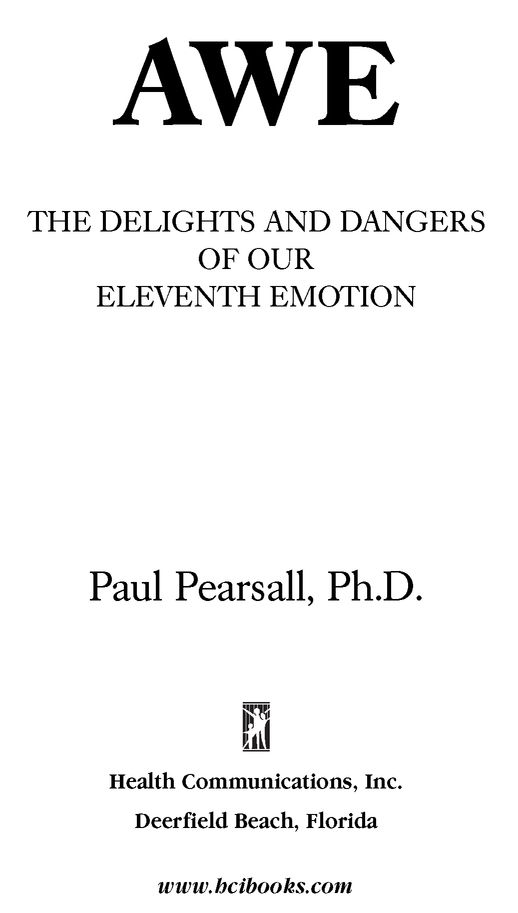
For our son Scott, who leaves us in awe.
ACKNOWLEDGMENTS
In Hawaiian, the word hoomaikai means to express ones most sincere loving appreciation. After you have finished reading this book, you will understand why my appreciation for the persons named here is so deep and profound.
My wife of forty-three years, Celest, is my life. She has helped me write every one of my twenty books by advising, criticizing, encouraging, and editing. She is the most patient and strongest person I know and has endured decades of my insecure repetitive authors question, But what do you really think? As you will read, her strength at this time in our life is the core of our survival.
Because thats all they had, my deceased parents, Carol and Frank, taught my brother Dennis and me how to find awe in the simple things. Through their struggles dealing with their serious disabilities and the discrimination that they too often elicited, my sons, Roger and Scott, showed me the dark and light sides of awe and what happens when people respond with awe lite, the kind of awe that lacks understanding.
My extended Hawaiian family, Kuhai Halau O Kawaikapuokalani Pa Olapa Kahiko, continues to provide the aloha that sustains us, and we are in awe of the loving wisdom of the kumu (teacher) of this halau Kawaikapuokalani Hewett. Without them now, I dont know how we would be carrying on.
I owe so much to my agent, Michael Bourret, for his faith in the concept of this book even when no one seemed interested and for his persistence, caring, and guidance. Mahalo, Michael, for never giving up on me. My editor at HCI Books, Michele Matrisciani, is truly a jack-of-all publishing trades and master of all of them. She grasped the idea of awe right away, and beyond her always gentle but excellent editorial guidance, she has shown loving caring not often found in the competitive world of publishing.
As always, I owe a huge debt to all the scientists and writers quoted in these pages, particularly psychologist Dr. Jonathan Haidt, who, to the best of my knowledge, was the first to discuss the awe response from a scientific perspective. I express my aloha to psychologist Dr. Gary Schwartz not only for being my friend but for finding such awe in the mysteries of the world that he just cant stop researching what few scientists dare to study.
Hoomaikai to the hundreds of persons who shared the experiences of awe. I hope I have not let any of the persons named here down in my efforts to share what I consider to be our most elevating, transformative, and instructive eleventh emotion.
INTRODUCTION
THE AWE OF UNDERSTANDING
Id take the awe of understanding over the awe of ignorance any day.
DOUGLAS ADAMS
A PROMISE TO MY SON
I sat in awe as my newborn son struggled to stay alive. He looked so frail and vulnerable, and it seemed that after each labored breath he would not have the strength to take another. His tiny fingers were curled in tight fists that encased his thumbs, and I pulled them gently open so I could feel his grip with my index fingers. But there wasnt strength in his hands to grab onto me. His eyes looked directly up and into mine as if asking me to help him, and I was in the most profound state of awe I have ever knownan awe for him, for life, for death, and for the love my wife and I shared that gave us this child and would now have to sustain us as we fought to keep him alive.
I can never know the pain our baby must have felt as his body lay rigid while a tube pumping air into his lungs caused his tiny chest to heave grotesquely. I could see his every heartbeat making his entire body quiver, and I panicked each time there was a long delay before another beat. A doctors mistake had delayed our sons birth, and when I noticed his distress after the emergency cesarean delivery that saved his life, I insisted he be rushed to an emergency neonatal intensive care unit at a local childrens hospital. There he lay alone in a huge glass incubator. I leaned over that incubator with my arms widespread, trying to embrace my son through the glass, and I sobbed harder than I had ever sobbed in my life.
I still remember my wife and me crying bitterly after his birth. As other parents looked fondly at their new babies, we went to the window to see the ambulance below taking our son from usperhaps forever. At that terrible moment, as the siren blared and the ambulance rushed our baby to the other hospital, our collective breath seemed to be taken away from us; we gasped for air and held one another. We both felt an overwhelming chill and goose bumps as the worst dread a person could feel spread over us. But it was a fear strangely mixed with an exciting, childlike, confusing, joyful hope that our son might be allowed to live. We later spoke of the unique kind of sadness we felt then, one related not just to the possibility that our child would die and the horror of the moment, but also to a failure to treasure more, and spend even more moments than we had, savoring and celebrating together the miracle of our sons growing in my wifes body. We admitted feeling that we should have relished his existence when we still had him, and the grief over the lost opportunities to cherish life was as strong as our fear that our sons life would be snuffed out. At this most terrible moment in our young lives, and despite our fears, we felt a strangely overwhelming sense that something magnificent was taking place, that we were being immersed together in somethingsome processthat was infinitely beyond what we could ever understand, but that we were destined to keep trying. I know now that what we felt was the most intense, wonderful, upsetting, and transcendently terrible of all human emotions: awe.
As you will read in this book, awe is our eleventh emotion, the one least studied but yet more powerful than the other ten basic feelings that psychologists recognize. As I look back now after my research on awe (which you will be reading about) and reflect on the emotions my wife and I experienced during our babys fight andwe feltour fight as well for his life, I am convinced that awe is our most unique emotion. Unlike all the other emotions, its all of our feelings rolled up into one intense one. You cant peg it as just happy, sad, afraid, angry, or hopeful. Instead, its a matter of experiencing all of these feelings and yet, paradoxically, experiencing no clearly identifiable, or at least any easily describable, emotion. Awe overwhelms and drains the power out of any other singular emotion we may have had before it took hold, and the best description Ive been able to give it so far is thatno matter how good or bad our brain considers whatever is happening to beit is feeling more totally and completely alive than we thought possible before we were in awe. Its feeling numbed yet totally alert at the same time. These are some of awes mysteries that are explored in the chapters you are about to read.
Next page

